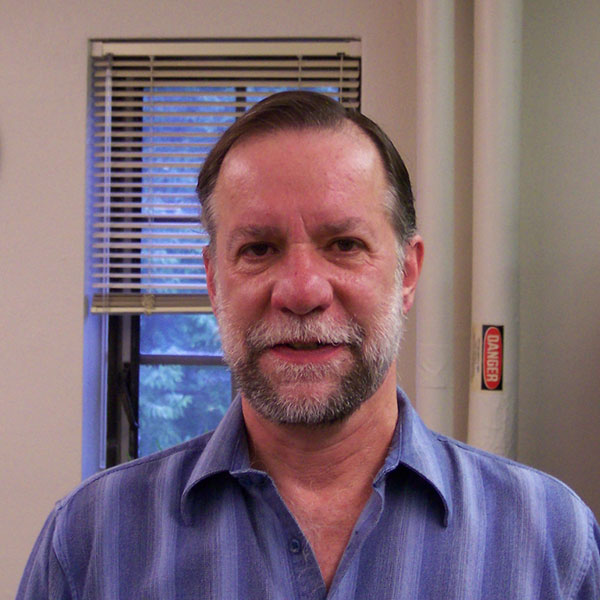Hal was a prolific thinker and it is reflected in his extensive writings. It would be a disservice here to recite his resume, as impressive as it is. He paid little attention to credentials as measured by metrics. He valued substance and thoughtfulness over measures of accomplishment or “evidence of academic potential.” He also disdained the divide between academic understanding and the understanding of the ordinary public. Both his teaching and writings were colloquial in spirit, if not in substance. Never defensive, he always communicated in calmness and quiet confidence. His office door was always open, although you might have had difficulty finding him buried behind the piles of book and papers. Miraculously, he could put his hands on whatever he wanted you to read, and he always had suggested readings.
While Hal’s views antagonized many, he endeared himself to far more. He cared little about grades, holding fast to the idea that even those students who took his class to “get an easy A,” were both reachable and amendable to thoughtfulness. He touched the hearts and minds of thousands of students, principally in CJUS-P202, what was then called “Alternative Social Control Systems.” There he challenged students to think critically about the meaning of crime, about what constitutes harm and justice. He asked them to question both the purpose and consequences of punishment and imprisonment. And, of course, he introduced alternatives to each of those challenges. It was through that class, and through the dialogue and reactions he received from his students and colleagues, that he refined the concept of Peacemaking. He was not alone in advocating such a provocative paradigm shift but he certainly became the most ardent and articulate proponent.
His ideas disturbed both the thinking and emotions of many colleagues and students, which is about as high a complement as one can receive if you believe that the pursuit of knowledge should have no boundaries and education should have no paradigms that cannot be challenged. Even though many regard Hal as a “parent” of the field, for others he was an ankle-biter, doggedly nipping away at the heels of conventionally held criminological dogma. If he didn’t get to flesh, he would at least be a challenging distraction. But that analogy goes only so far. He never met a stranger and did not have a mean bone in his body. His intentions, as well as his relationships, were steeped in a place filled with love and peace. He listened carefully and deeply to all and epitomized the true spirit of empathy. Hal’s legacy and his contribution will endure time. Sadly, we will miss his beautiful soul.
Donations can be made to the “Hal Pepinsky Legacy Travel Fund” found within the American Society of Criminology (ASC) division webpages. There will be a celebration of Hal’s life and work at the ASC Annual Meeting in Philadelphia in November.
—Written by Kip Schlegel

 The College of Arts
The College of Arts